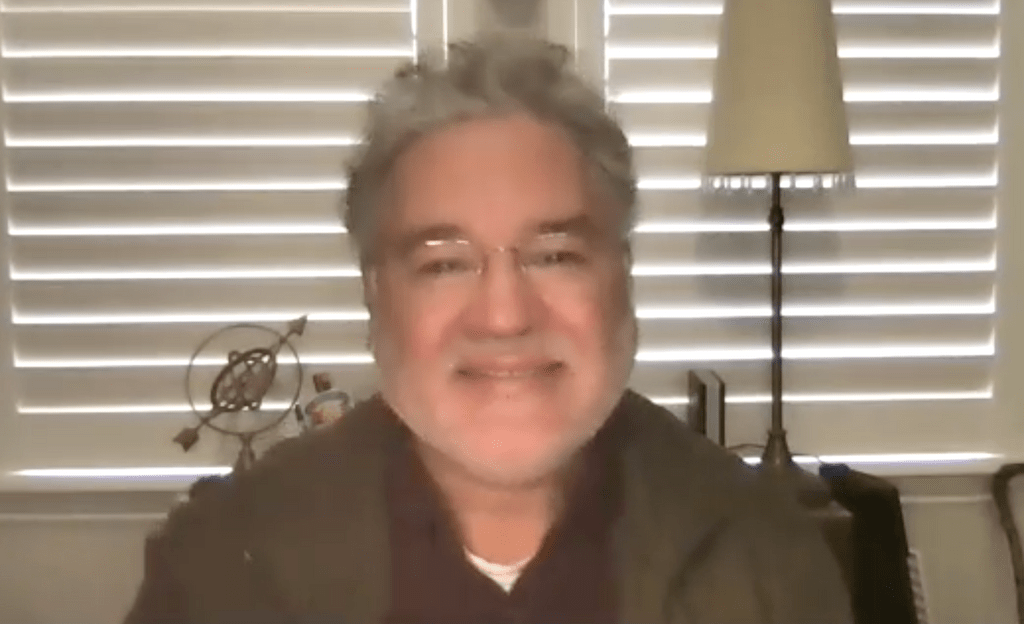by Andrew Carlson, Associate Professor of Theater
June 21, 2021

This year, staff, faculty, and students in the Department of Theatre and Dance have been engaged in conversation about how to respond to the ongoing urgency of this moment of reckoning with societal injustice. As we clarify our individual and collective responsibility to dismantle systemic inequities and learn skills to build inclusive, anti-racist communities, we have been grappling with a number of discipline-specific questions: what do the tools of performance uniquely add to the conversation? How do artists use the transformative power of live performance to simultaneously transform the larger society? How might we infuse our community with artistic perspectives that have not previously been centered in the conversation? How could Carleton students learn to use the tools of performance in their process of individual growth and collective justice-making? Through common readings, new courses, and re-imaginings of curriculum, we have been expanding our responses to these questions.
One of the ways that we are bringing new voices to these conversations is by inviting a series of guest artists to talk to our community about how social change is envisioned, embodied, and enacted through performance. With Public Works support, this spring we invited nationally-renowned playwright José Cruz González to discuss his approach to using theatre as a way of creating social change. González is perhaps best known as a playwright for young audiences. During his virtual residency, which included two class visits and a public Q and A, González outlined how he began “writing early on about the Latinx experience in the US for children” because the theatrical landscape at the time was a “desert in terms of those stories.” For decades, González has written plays for young people to see their stories and experiences reflected back to them from the stage.
González also discussed his extensive work in community-based theatre. Community-based theatre is a mode of theatre-making that involves professional artists co-creating original theatrical works with community partners. These artists embed themselves in communities to make an original work that is, in González’s words, “by them, with them, and for them.” To do this, the organization holds a number of “story circles” which involve community members sitting around a circle, sharing a meal, and telling their stories in response to questions and prompts, such as “what holds beauty for you in your community.” These stories generate the raw material of the play that is produced. In the final production, community members perform alongside the professional artists, challenging the traditional hierarchical relationship between performer and audience. This reordering of the theatrical community inspires new imaginings of social relationships.
González detailed his process creating a 2014 work through Southcoast Repertory Theatre called The Long Road Today/El Largo Camino de Hoy. In this community-based theatrical project, Southcoast Rep partnered with Latino Health Access to create a play by and for the Latinx community in Santa Ana, CA. As the playwright, González listened closely to the stories of community members as they discussed the lack of playing space for children in the community and the dangers of having to play in the streets. Throughout the course of play development on this theme, they did 8-10 story circles, interviewed over 500 people, and ultimately created a production full of visual art, puppetry and music – what González described as a “Mexican Fellini film” – with over 100 participants. After drafting some versions of the script, Gonzalez went back to the community to share the drafts, ensuring that people felt that their stories were being told with respect and authenticity. During the final production, González’s greatest joy was to “watch the audience watch the show,” thrilled that “they were hearing their story, the one that they had shared.”
For González, this act of personal storytelling, of prompting someone to “tell me your story” is at the core of the transformative power of the artform. And in this simple act González sees real hope: “We are looking at trying to tell different stories about America, stories we haven’t heard about, stories that were suppressed, stories that were never told because they were dismissed. That is beautiful.” González provided a reminder that witnessing and telling honest stories can be a radical act of change-making.
On the last day of my Theatre for Social change class, which González had visited, I had more than one student ask me about when are we going to do a community-based project at Carleton. They told me they want to continue the work, continue to be involved. González’s visit helped us imagine what might be possible for our community, about the kind of performance-based “Public Work” that can be mutually transformative for Carleton students and the many publics in our midst.

Add a comment